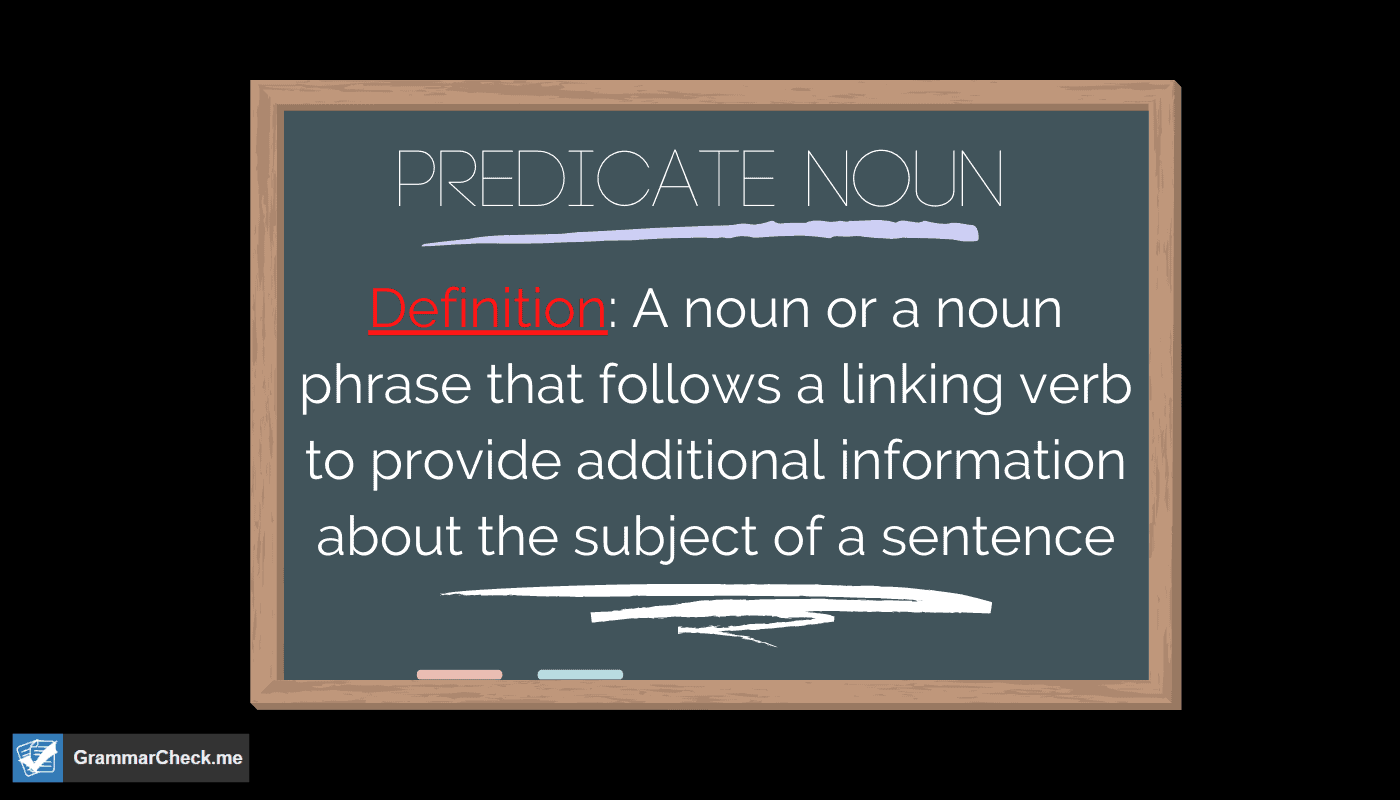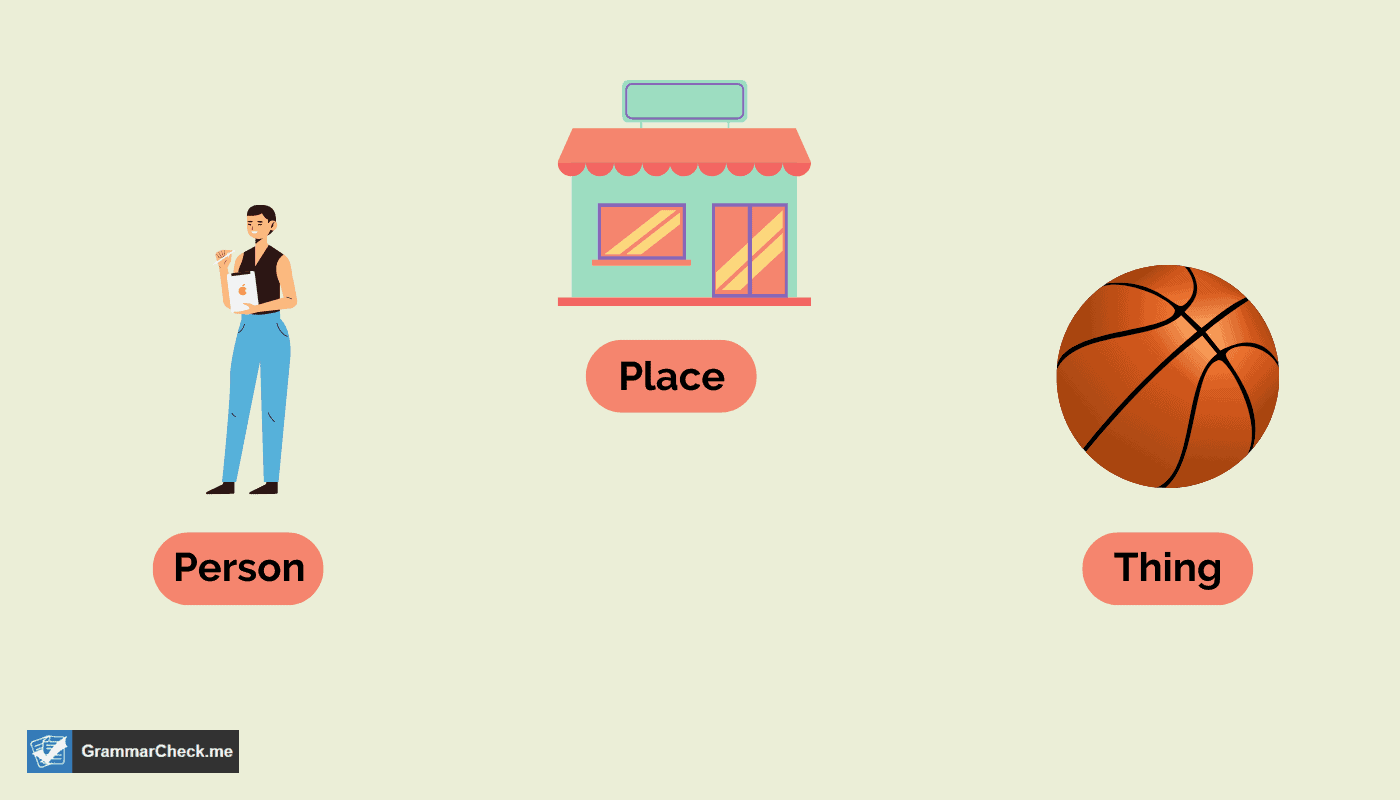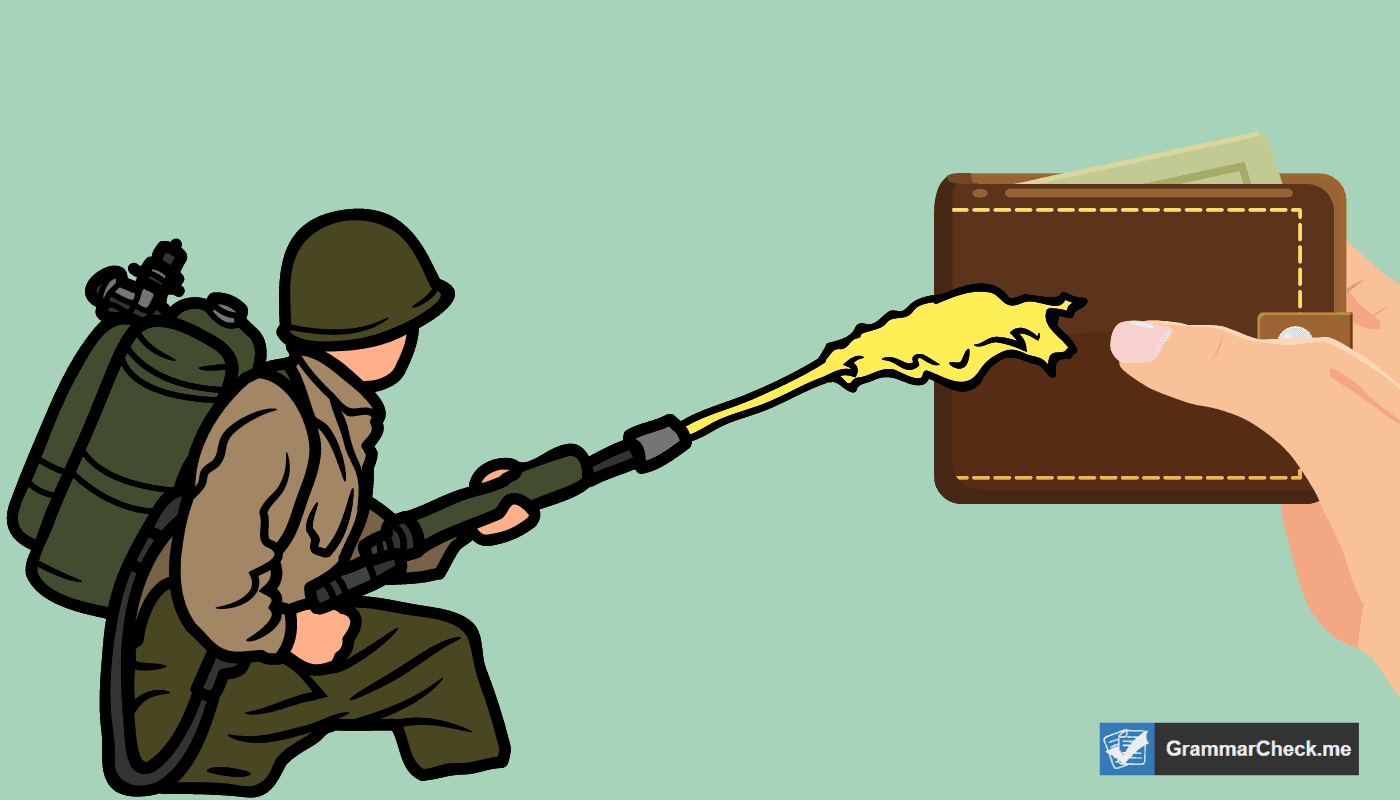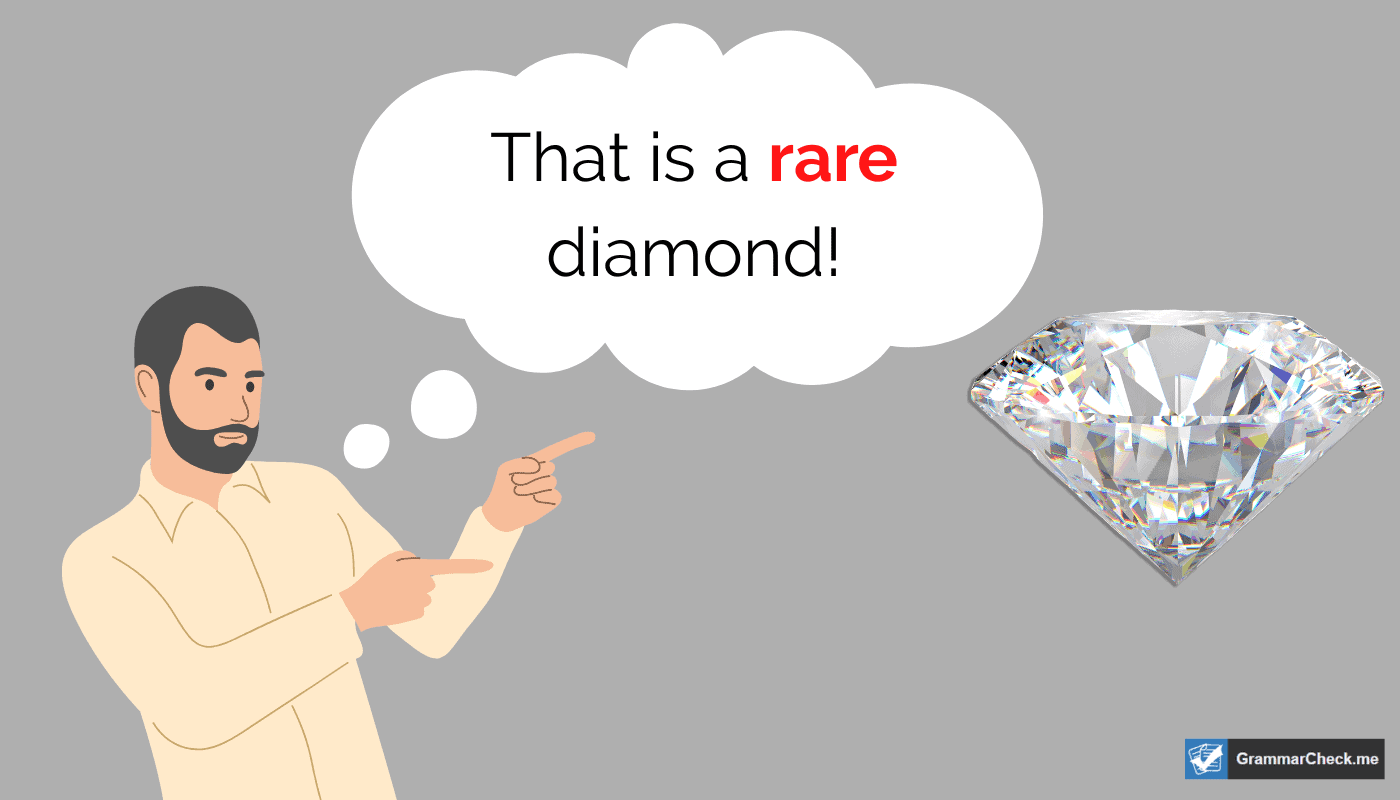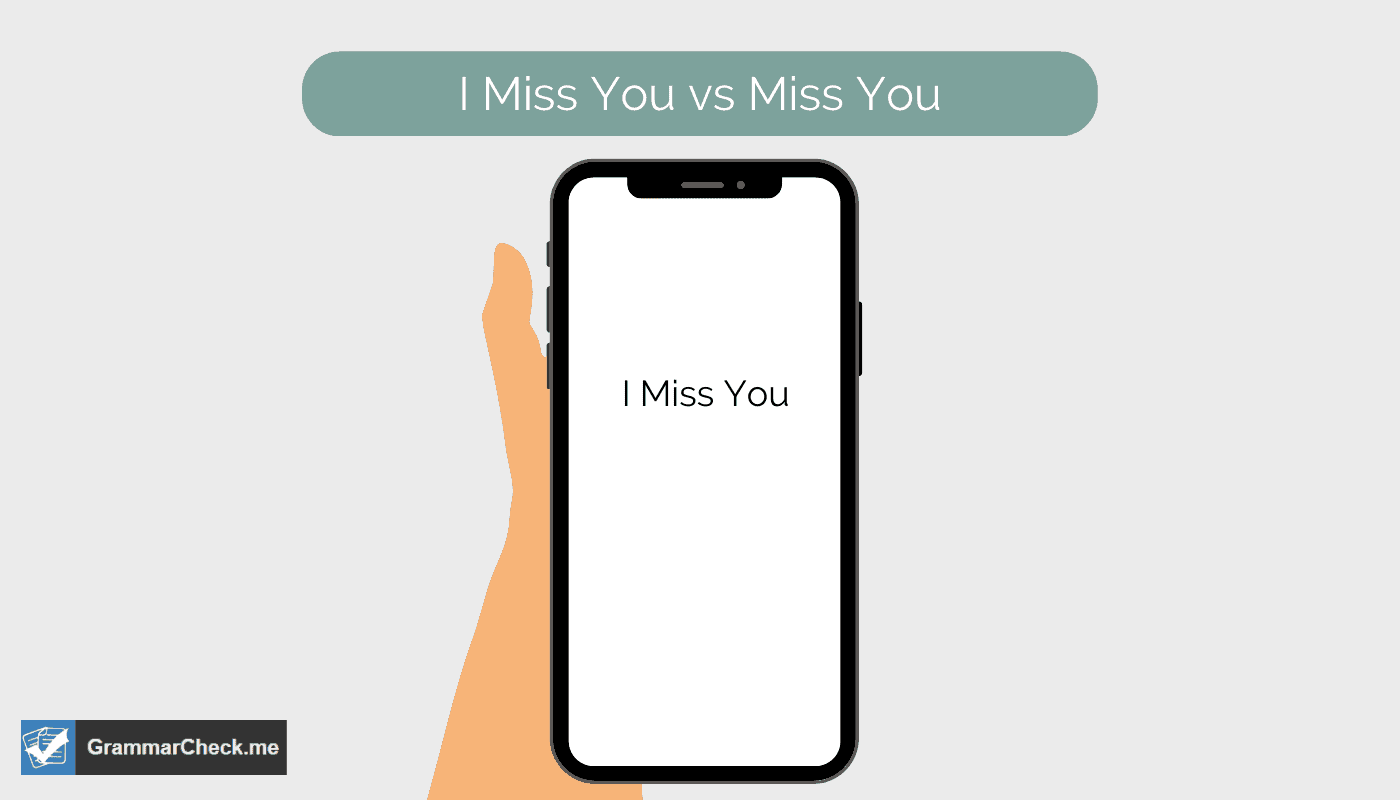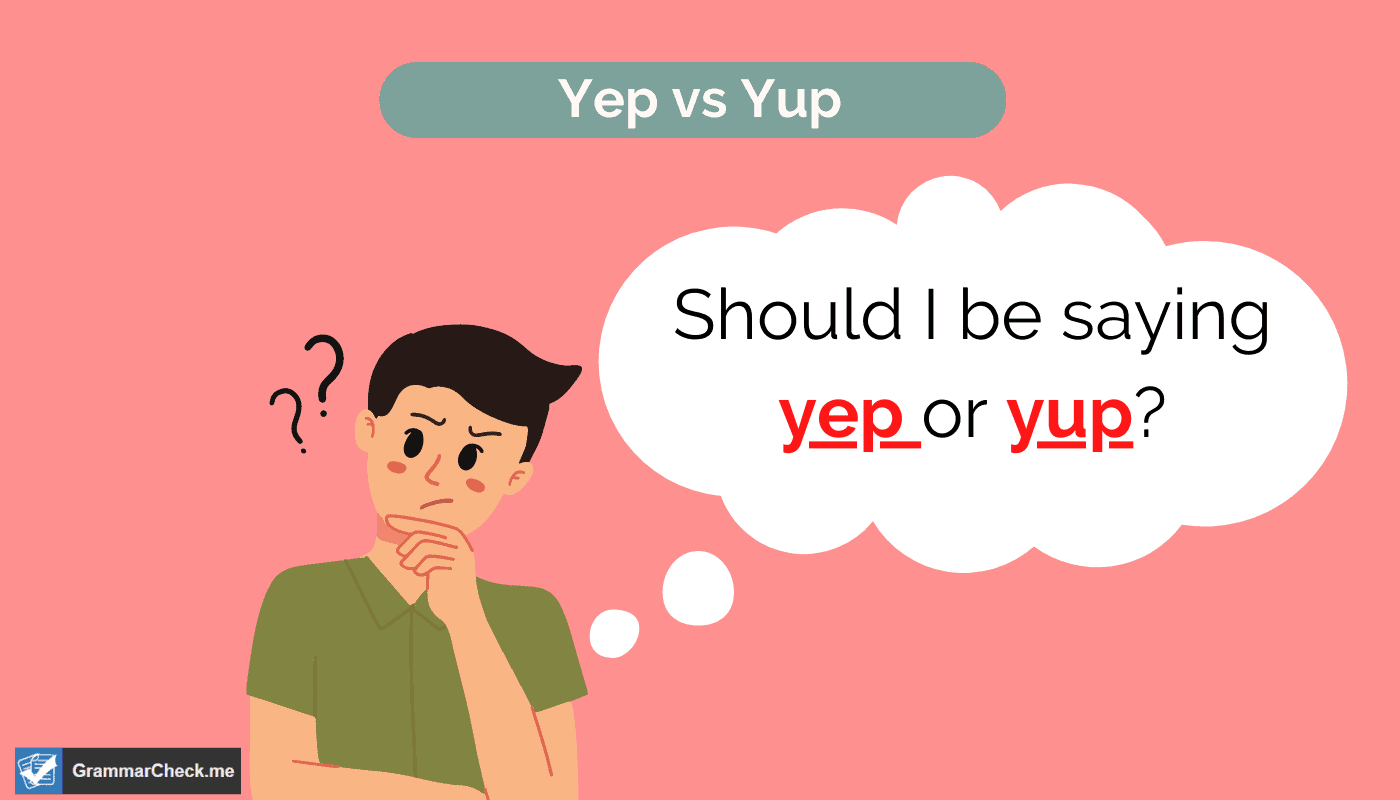What Is a Predicate Noun? Explanation In Simple Terms
What is a predicate noun, and how do you use it? Find the answers in this article. A sentence in the English language has several different components. While the simplest sentences consist of only a single verb, other sentences may contain a subject and multiple verbs and nouns. A predicate is a part of most … Read more

